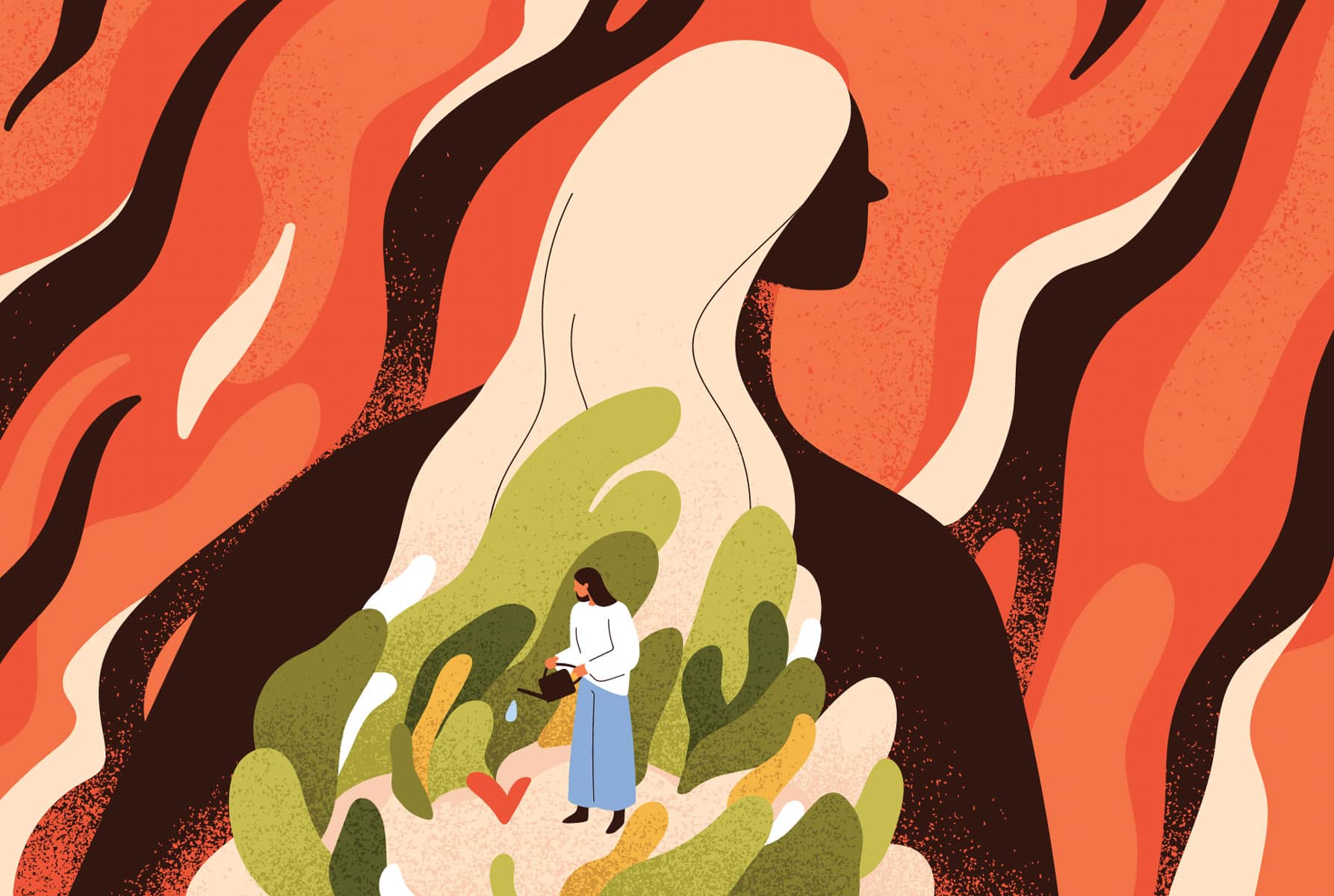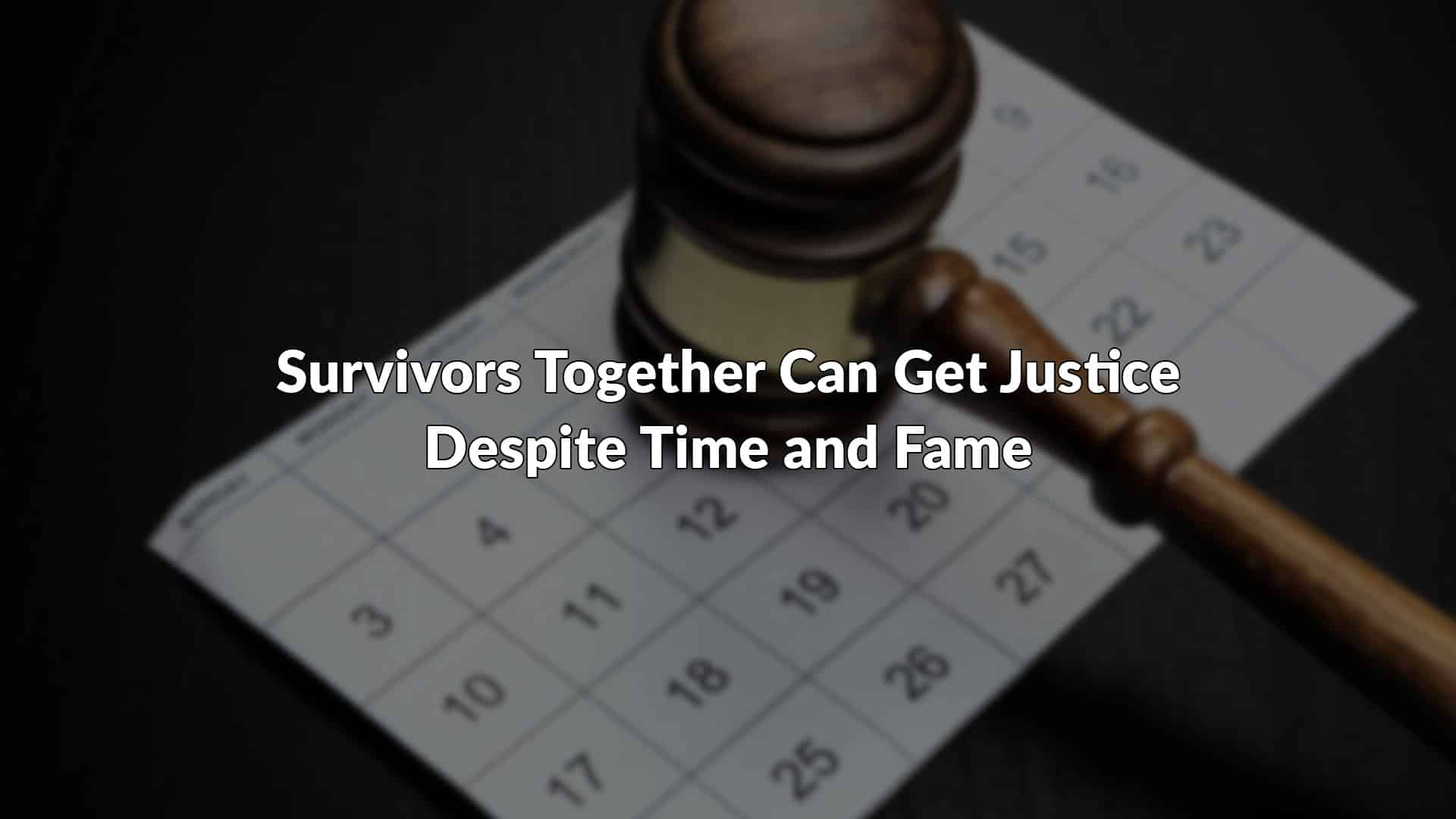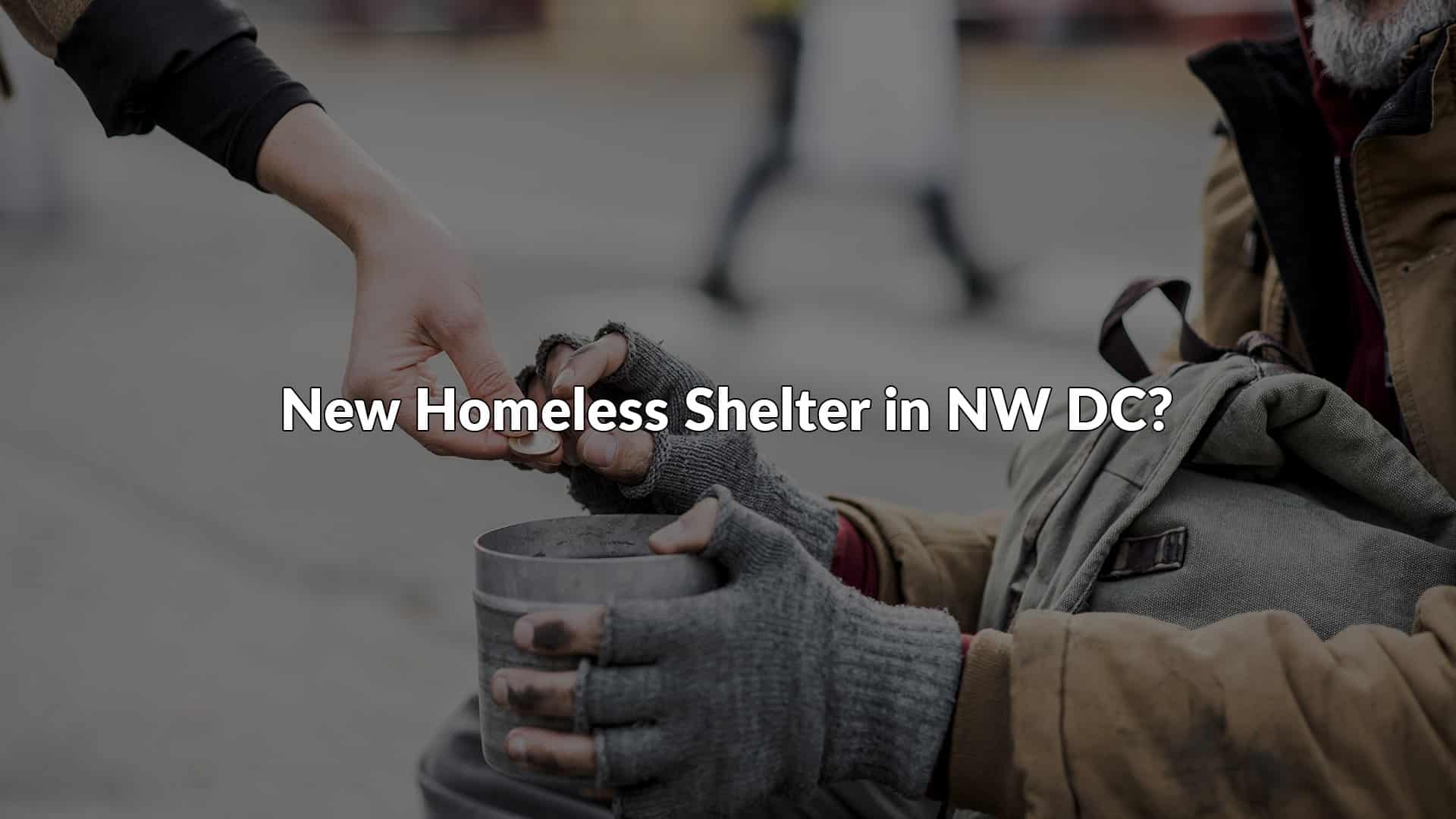By Theresa Vargas
Original Article:
https://www.washingtonpost.com/local/sex-trafficking-survivors-are-treated-as-criminals-in-virginia-that-could-soon-change/2021/03/24/b8224ad2-8cc5-11eb-a730-1b4ed9656258_story.html
Looking back, Amanda recognizes the moment she went from feeling she had control over her life to realizing she didn’t.
It came on a day she ate breakfast at a hotel.
As she tells it, she was in her early 20s and her room was being paid for by a man she had met in her Virginia hometown during a divorce that caused pieces of her life to fall away — her home, her children, her sobriety. The man told her she was “too pretty” to go through such hardships and offered to cover three weeks of her stay at the hotel.
“There were red flags, but when you’re hurting and need somebody, you tend to ignore those things,” Amanda recalls. A week and a half into her stay, she was returning from the hotel’s breakfast area when the man confronted her in the hallway, told her she took too long and accused her of sleeping with someone “for free.” She recalls laughing, not fully understanding his accusation. That’s when, she says, he hit her with such force that he broke her nose. “I remember getting up and feeling like I wanted to run and him grabbing me by my ponytail and dragging me back to the room.”
For 43 days, she says, he kept her there against her will. He took her clothes, bedsheets and towels so that if she tried to run, she would have to do so covered in nothing. He also reminded her that he knew where her mom and kids lived.
The details from those days, and the dark ones that followed, aren’t easy for Amanda to talk about. She has seen how even sympathetic people look at her differently after they learn about her past. But she shares her experience with me on a recent afternoon because she wants you to know what happened to her. She wants you to know what happens to many people who end up in sex trafficking situations, trapped — trapped by their traffickers and then trapped by systems that don’t always let them fully escape.
If you happened to meet Amanda in a casual setting now, you would see a 33-year-old wife and mother of two who attends college. What you wouldn’t see is a woman who can’t go on Girl Scout trips with her 10-year-old daughter or attend functions at her 15-year-old child’s school, which is located on a military base, or sign a lease on a house with her husband.
You wouldn’t see a woman who has to worry about any situation that requires a background check because she knows what hers will show: prostitution and larceny charges.
Virginia remains one of the only states that doesn’t allow human trafficking survivors to have crimes they were forced to commit while being victimized vacated and expunged from their records. Amanda — whom I’m not identifying by last name because the man who trafficked her remains free and because she doesn’t want her past to haunt her children’s futures — has been working with the Virginia Coalition Against Human Trafficking to change that.
The alliance of service providers, attorneys, survivors and community members has been trying for years to get the state to pass legislation that would help it start to catch up with the rest of the country. And right now, they are close to seeing that work pay off.
Two bills, which were passed unanimously by the Virginia General Assembly, sit in front of Gov. Ralph Northam (D) waiting for his signature. One would allow convictions related to a person’s trafficking — specifically charges of prostitution and keeping, residing in, or frequenting a bawdy place — to be vacated and expunged from their records. The other would allow survivors to raise what’s called an “affirmative defense” during their prosecution, which means they can explain that they were forced to commit crimes by their traffickers.
Organizations and individuals who work with sex trafficking survivors describe both pieces of legislation as critical and overdue. A look across the country, they say, shows that 45 states have already passed laws allowing criminal record relief for trafficking survivors and that of the five states that haven’t, four allow victims to raise an affirmative defense. That leaves only Virginia without either option.
What that means on a practical level is that even when people in the state escape those situations, they are often left with criminal records hanging over them, making it hard for them to move forward.AD
“It affects them getting housing. It affects them getting jobs. It affects them getting an education,” says Carole Bernard, the executive director of Amara Legal Center, which provides trauma-informed legal representation to sex workers and sex trafficking survivors in the D.C. metropolitan area. “It is that albatross around their necks that prevent them from getting a second chance.”
Most of the people Amara serves come from low-income backgrounds and marginalized communities, including Black, Latino and LGBTQ people, making this a racial justice and human rights issue, Bernard says.
Patrick McKenna, who heads the Virginia Coalition Against Human Trafficking and is a former Virginia Beach public defender, describes the criminal records that follow trafficking survivors as “triply victimizing” them. By the time they accumulate those convictions, he says, many have already endured abuse as children and abuse by their traffickers. One of the many ways a prostitution conviction can hurt a person, he says, is that it can cause a person to lose a child-custody case, even if the other parent is the one responsible for the trafficking.
“As one survivor puts it, ‘Even when I do everything right, that criminal record comes back to slap me in the face,’ ” McKenna says.
He and others believe Virginia needs to go further and do what other states already have: Allow for other crimes, such as larcenies, that people were forced to commit to also be vacated and expunged. But they accept that’s a future fight. If the current bills get signed, McKenna says, “it is a start and will be huge for some survivors.”
Sidney McCoy, who is an attorney with Amara and serves as a vice president on the Virginia Coalition Against Human Trafficking, can think of several people from her caseloads right now who would benefit.
She counts as we talk on a recent afternoon. “I have one, two, three, four, five clients,” she says. One of them is a mother of three who lives in Stafford County and has struggled to get housing for her family.
When potential landlords do a background check on the woman, they see she was charged with prostitution in Fredericksburg and Richmond. What they don’t see is how McCoy also describes her: “She’s been clean and sober for six years. She attends community college. She’s trying to regain employment and wants a career as a counselor.”
Right now, if McCoy has a trafficking survivor as a client in Maryland or D.C. she can fight to get their criminal records vacated. She can’t do that for clients in Virginia. She can’t do that even if they escaped that life 10 or 20 years ago.
“Most of the survivors who are wanting to get this relief, they’ve been pretty far removed from their trafficking situations,” she says. “They tell me that their criminal record is the last thing that ties them to their trafficker.”
Amanda says that the man who pulled her into sex trafficking would sometimes drive her to Kohl’s or Best Buy and give her a list of things to steal. That led to her larceny charges.
“Sometimes, I was hoping that somebody would catch me and I would get rescued,” she says.
Amanda believes the sex abuse she endured as a child and her family’s history of addiction made her a vulnerable target. But she says she has worked hard to heal from the trauma that “had me sick for so long” and to get her children back in her life.
The current legislation won’t help her get those larcenies erased from her record, but she can already see one way that removing the prostitution charges might later help her daughters.
“My older daughter is on a path to work for the NSA one day. She’s just amazing,” Amanda says. A national security job, though, will require a background check, and that worries Amanda. “I don’t want someone to say, ‘Oh, my God, her mom has prostitution charges.’ ”



